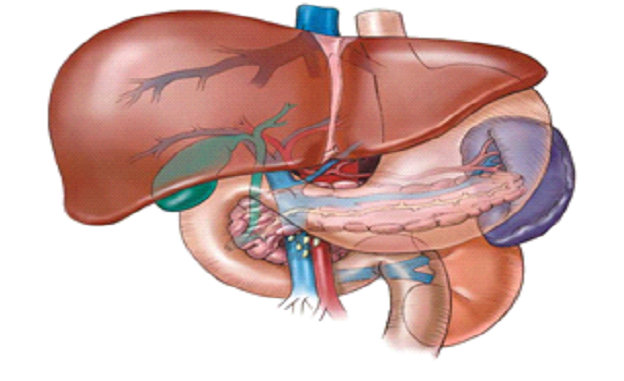
Sangar Institute Research Reveal Potential Drug Target From Largest Ever Genetic study of Primary Sclerosing Cholangitis
International collaboration finds associations with four regions of the genome in PSC patients
International collaboration finds associations with four regions of the genome in PSC patients
By : Media Team Sangar Institute
December 21, 2016
Primary Sclerosing Cholangitis (PSC) is a debilitating rare disease of the liver with no effective treatment. Reported in Nature Genetics researchers from the Wellcome Trust Sanger Institute, Mayo Clinic and their collaborators identify four regions of the genome associated with the disease, one of which is a potential drug target.
A rare disease affecting one in 10,000 people in the UK, PSC is a chronic, progressive disease of the bile ducts that channels bile from the liver into the intestines. It can cause inflammation of the bile ducts (cholangitis) and liver failure, and is a leading cause of liver transplant surgery. Approximately 75 per cent of PSC patients also suffer from inflammatory bowel disease (IBD), but the genetic relationship between the two diseases was poorly understood.
To understand more about what causes the disease, a huge international collaboration was initiated, that studied the genomes of 5,000 PSC patients and compared them with genomes from 20,000 healthy people.
Researchers identified four new regions of the genome that were correlated with PSC risk, one of which demonstrated that the disease is associated with increased levels of a protein called UBASH3A.
“From our genome wide association studies we have been able to identify several biological pathways that likely play a role in PSC. We discovered that lower levels of the UBASH3A protein correlate with lower risk of PSC. A drug that could reduce the amount of UBASH3A may thus be helpful in treating people with PSC, so this gives pharmaceutical companies insight into biological systems to target.” Dr Carl Anderson, a lead author from the Wellcome Trust Sanger Institute
The researchers also compared this genetic study with previous large scale studies of IBD. While they found many regions of the genome are associated with both PSC and IBD risk, they found others that were only associated with risk of PSC. This indicates that there are unique aspects to the biology of PSC and that the disease is not simply caused by IBD.
“Looking at PSC and IBD patients, we saw both clinical and genetic differences between the two groups. If we want to understand bowel inflammation in PSC, we need to look at that specifically and compare it with a separate group of IBD patients without PSC, not merge the two groups and look at the average. Our study suggests PSC is a separate disease to IBD, despite the many genetic and clinical commonalities.”
Dr Konstantinos Lazaridis, hepatologist and co-lead on the study from Mayo Clinic College of Medicine and Science in USA
“This research was only made possible due to the 5,000 patients who participated in the study, and to the amazing effort from the International PSC study group in recruiting them. This is the largest ever study of the genetics of PSC, and we hope this and ongoing research will help improve the future for people suffering with this disease.”
Dr Tom Karlsen, from Oslo University Hospital, NorwayPublication:
Sun-Gou Ji & Brian D Juran et al. (2016) Genome-wide association study of primary sclerosing cholangitis identifies new risk loci and quantifies the genetic relationship with inflammatory bowel disease. Nature Genetics. DOI: 10.1038/ng.3745







Leave a Reply